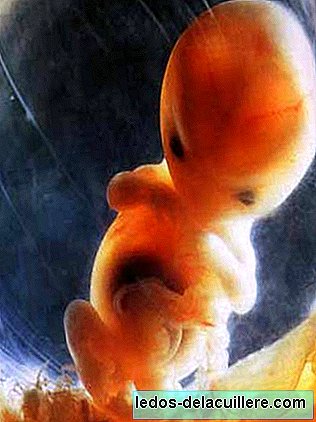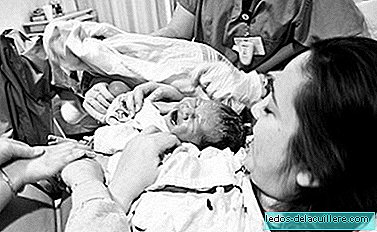
Baby surgery inside the womb has undergone great advances in recent years. One of the latest findings is that fetal surgery reduces spina bifida complications.
Spina bifida is a congenital malformation that occurs in the early stages of pregnancy characterized in that the neural tube, which houses the central nervous system, does not fuse correctly and the spine does not close completely. It can be a very mild defect that does not cause problems until a severe condition that causes neurological damage, muscle paralysis and hydrocephalus.
A study involving 200 pregnant women whose babies had been diagnosed with myelomeningocele, the most severe form of spina bifida, ensures that intrauterine surgery is shown as a effective solution to reduce spina bifida complications increasing the probability that the child can walk without help and with a lower risk of developing hydrocephalus.
In fact, afterwards the study was suspended after participant 183 due to the good results obtained.
However, surgery has contraindications for both the baby, as it raises the risk of premature birth, as well as for the mother who may suffer a tear in the uterus from the incision.
In Spain, three fetal spina bifida surgeries have been performed. The lesion does not disappear with the intervention but it can reduce the sequelae and their intensity, so it is an alternative to consider when this diagnosis exists. Even experts believe that it is consolidated as an alternative to abortion.












